If you still want to enjoy a few beers on a night out while cutting back on some of your alcohol intake, then non-alcoholic or NA beer might just be the answer. Over recent decades, there has been a shift in the quality and taste of NA beers and today, even some craft breweries have jumped at the opportunity to develop their own NA brews.
In this article we take a look at how a regular beer is made into a non-alcoholic beer. We also take a look at some of the nutrition of NA beers, and just why NA wheat beer is such a popular drink for German athletes. We also consider whether NA beer can be drunk by everyone, and to help you find the best non-alcoholic beer for you, we take the opportunity to review a selection of NA beers currently on the market.Quick Comparison: Top 10 Best Non-Alcoholic Beer
1. Non-Alcoholic Beer Variety Pack
The non-alcoholic beer variety pack contains 12 different bottles of non-alcoholic beers and lager beers, including O’Doul’s, Buckler, Clausthaler, Coors, Erdinger, Kaliber, Einbecker, Bitburger and Becks.
This pack is an ideal purchase to try out a wide range of non-alcoholic (NA) wheat and malt beers and lagers to find which you prefer. This pack contains brews that all have an alcohol content of less than 0.5% alcohol by volume (ABV). The pack also ships in a special box to reduce the risk of breakage. As an NA selection this can be more expensive than alcoholic beers, especially as it contains a selection of European imported brews.Pros
Cons
2. WELLBEING BREWING CO. Non-Alcoholic Craft Beer
Made by the Wellbeing Brewing Co., the Heavenly Body Golden Wheat non-alcoholic beer is a fully brewed non-alcoholic craft beer. Produced using German vacuum distillation technology to remove the alcohol, it contains less than 0.5% alcohol by volume (ABV).
Fully brewed in the US, this beer is non-GMO, lower calorie and lower sugar compared to other beers and regular sodas, this is also a source of antioxidants and other positive compounds. Suitable for vegans, it can be drank after training as this hydrates, rather than alcoholic beers which dehydrate.
As a wheat beer, this is a lighter tasting non-alcoholic beer, so may not suit those who prefer darker craft ales. As this comes as a pack of six 12 fl. oz cans, shipping costs can also be quite high due to the weight.Pros
Cons
3. Kaliber Non-Alcoholic Beer by Guinness
Made in Ireland by Guinness, the Kaliber non-alcoholic beer is a pale lager beer which is brewed as a full strength lager and then the alcohol is removed at the end of the brewing process.
Containing 0.05% alcohol by volume, this brew has honey, caramel and sweet grains aroma with a sweet taste with hints of caramel, grains and corn. This is a highly carbonated brew and it can be on the drier and sweeter side on the non-alcoholic beers.Pros
Cons
4. Bitburger Drive Non-Alcoholic German Beer
The Bitburger Drive non-acholic German beer is brewed in Germany and contains 0.05% alcohol. This is a six pack of 12 fl. oz bottles and has been fully fermented so that it has not been pasteurized. This pilsner has a fresh and crisp taste and is also lower calorie. The odd drinker has been slightly disappointed with the taste of this NA beer, and as an imported brew it will cost more than those manufactured in the US.
Pros
Cons
5. Buckler Non-Alcoholic Beer by Heineken
Brewed in Holland by Heineken, Buckler non-alcoholic beer contains less than 0.5% alcohol by volume. Coming as a six pack of 12 fl. oz bottles, this is a pale lager beer with a sweet and grainy aroma with a grainy corn and sweet malt flavor. Some drinkers consider that this lacks flavor compared to other NA beers and may be a little too light in body.
Pros
Cons
6. Erdinger Non-Alcoholic Malt Beer
The Erdinger non-alcoholic beer is a medium-bodied NA hefeweizen (wheat) beer made in Germany. This has a fruity and wheat flavor with a lemon and grassy aroma with grain hints. Containing less than 0.5% alcohol by volume, this is also lower in calories than regular beer and made from natural ingredients, this is also a good source of vitamin B9 which supports metabolism. Because it is isotonic you may also drink it after training.
Not all drinkers are as impressed with the metallic aftertaste of this and as this is a lighter bodied NA beer you may be slightly disappointed if you are used to drinking regular wheat beers. This comes as a case of 12 fl. oz bottles.Pros
Cons
7. Coors Non-Alcoholic Beer
Coming as a six pack of 12 fl. oz bottles, Coors non-alcoholic beer contains less than 0.5% alcohol by volume. This has a light grain, sweet corn and bready aroma with slight hoppy bitterness. The taste is bready, creamy corn and sweet grainy malts.
This is quite a highly carbonated brew and does have a metallic taste. A number of drinkers also consider that even as a NA beer this is too sweet tasting. As with any glass bottles, there is an occasional risk of shipping damage.Pros
Cons
8. Heineken Alcohol Free Beer
The Heineken alcohol free beer is a soft malted brew with fruity and refreshing notes. Coming as a pack of twelve 12 fl. oz glass bottles, this is brewed with malt and special A-yeast like regular Heineken lager beer. Some drinkers have found this to be lacking in ‘fizz’ and although advertised as a 0.0% alcohol by volume brew, does contain less than 0.05% alcohol.
Pros
Cons
9. Clausthaler Amber Dry Hopped Non-Alcoholic Beer
Produced in Germany, the Clausthaler Dry Hopped non-alcoholic beer is the world’s first dry hopped malt drink in the category. The dry hopping with cascade hops gives the body crispness and citrus flavor with hints of malted caramel.
This brew is amber colored and unfiltered and contains less than 0.5% ABV. This is a darker malted drink which you will not be as keen on if you prefer lighter beers/non-alcoholic beers and the odd buyer considers this to be slightly on the ‘hoppy’ side and that its flavor can have hints of tea. This comes as a 12 case of 12 fl. oz bottles.Pros
Cons
10. Fever-Tree Premium Ginger Beer
Made with a blend of gingers from Nigeria, Cochin and the Ivory Coast and spring water, the 24 pack Fever-Tree premium ginger beer (6.8 fl. oz bottles) does not contain any artificial flavorings or preservatives.
A non-alcoholic ginger beer this has a fresh grated ginger aroma and will leave warmth at the back of the throat. This award winning ginger beer made in the UK can be also be used as a mixer as well as being drank as is. As this is made with ginger root rather than extract, it is spicy and there can be a risk of some damage to the glass bottles during shipping.Pros
Cons
Things to Consider Before Buying Non-Alcoholic Beer
Historically, non-alcoholic (NA) beer never tasted that great, but as with many beers and craft offerings, NA beer is undergoing a revival and as more breweries spend time and money creating NA beers that taste like regular beers, the market offerings are much better than they were a few decades ago.
In fact, it is suggested that the North American market for non-alcoholic beers and wines will have grown to an estimated $80 million by 2025, an increase from a $20 million market share in 2018. Not only is this prediction based on better technologies for brewing NA beers and other beverages, but the fact that more people will be choosing NA drinks.
The CDC recommend that alcohol should be consumed in moderation. Women of legal drinking age should consume up to one drink per day, and men, up to two drinks per day. They also recommend that the following should not consume alcohol; those ages under 21, people with specific health conditions or on certain medications, recovering alcoholics or those who cannot control how much they drink, anyone doing tasks that require skills, alertness and coordination – such as driving a car.
Choosing NA beers can help you have fewer alcoholic drinks over the course of an evening or allow you to drive home, without needing to drink sodas or water all night. One big advantage of NA beer is that it still allows you to associate its aroma and flavor with that of regular beers.
Although research had previously shown that moderate alcohol consumption may have some benefits such as reducing the risk of heart disease, some more current studies show this may not be correct. Those who regularly drink above moderate consumption not only have more risk of injury or other short term harm, but greater risk of longer term problems such as some cancers.
Another advantage of NA beer is that it can still induce production of dopamine in the brain – the same chemical that makes us ‘happy’ when drinking alcohol. Although NA beer does contain some alcohol, it would almost be impossible to drink enough NA beer to get drunk. One note of caution though, drinking enough NA beer is still capable of giving a positive reading on a breath or urine test for alcohol and in fact, one Canadian research study tested non and low alcoholic drinks and found that six drinks claiming to not contain any alcohol actually contained more than 1% ethanol.
Although switching to NA beer can be useful to reduce alcohol intake, there is some significant debate around how useful NA beer is for those who are recovering from alcoholism as it does contain low amounts of alcohol.
NA beers are usually lower in calories than regular beer which is helpful with lower calorie diets, however, they are higher in carbs and sugars as sugars are often added to improve the flavor of NA beer once the alcohol has been removed. Both NA and regular beers are usually fat free and of course, NA beer is much less likely to cause a hangover the day after as its alcohol content is so low.
Non-Alcoholic Beer, Alcohol-Free Beer and ABV
There are actually two main types of NA beer, with a non-alcoholic beer being one that by law can contain up to 0.5% alcohol by volume (ABV). The FDA say that a beer that contains no detectable levels of alcohol should be labeled as 0.0% ABV. This is also known as an alcohol-free beer.
The alcohol by volume or ABV measure is a standard measure across the world of how much alcohol/ethanol there is in a given volume of an alcoholic drink at a specific temperature. In the US, some states also regulate alcoholic drinks with alcohol by weight (ABW) rather than ABV. The two can be converted with some math, but generally, the % ABW is around four fifths of the % ABV.
Non-alcoholic, or NA beer was first produced during Prohibition, when the strongest that an alcoholic drink could be was 0.5% alcohol by volume (ABV) and even today’s NA beers still have this 0.5% value as their upper limit.
Even after Prohibition ended, some drinkers still had the taste for the ‘near beer’ that they had been forced to drink during Prohibition, so in response, some of the leading brands brewed the light and ‘bland’ beers that these drinkers wanted.
Although an NA beer is often thinner than regular beer and can lack body, it is actually made in the same way as regular beer. Beers usually start with the four ingredients of water, grain, hops and yeast. The water used historically determined what type of beers were brewed, as different mineral contents give different characteristics to beers. Today, most producers will adjust the mineral content of the water to obtain the water profile needed for that particular brew.
Most beers use malted barley as their grain source, but others use wheat, maize, oats, rye and rice. These grains produce sugar during brewing, and the types of grains used alter the flavor, appearance and body of beers. Malt extract, which is a concentrated version of what is produced in the earlier part of brewing may also be used.
Yeast is essential as this is needed to convert the sugars produced by the grains into alcohol. As it does this, carbon dioxide is also produced along with other compounds that alter the aroma and flavor of the beer. Hops are added as a natural preservative and as well as contributing to the aroma and flavor of the beer, hops give it some bitterness.
The raw ingredients are made into a mash, the wort is boiled, the hops are added and then the brew is fermented. At this point, regular beer will be bottled or canned however, the NA beer than has to have its alcohol removed.
Removing the Alcohol from Beer
There are a number of ways that the alcohol can be removed from beer to make NA beer. Because alcohol has a lower boiling point than water, it means the alcohol can be removed from beer through an evaporation process by heating it up to around 173°F. Unfortunately, when alcohol is removed in this way from the brew, it changes its flavor as the ingredients in the beer are being re-cooked. When beer is heated to remove alcohol, the aroma and flavor from the hops are the first to disappear – which is the main reason why it is difficult to find certain NA beers such as IPAs.
Vacuum distilling is another process that some breweries use. This allows the boiling point of the alcohol to be reduced to as low as 120°F, meaning the flavor of the drink is not changed as much as it is when heated up to 173°F.
Reverse osmosis is another process that can be used. This is where the beer is passed through a filter that only allows the water, alcohol and a few volatile acids through. The alcohol is then distilled out from the liquid mix and the remaining water and acids are then added to the mix that was unable to pass through the filter. Removing alcohol in this way does need more equipment and labor, but it does not cause as much loss of flavor as the beer does not need to be heated during this process.
These newer techniques for producing NA beers are what have allowed some craft breweries to develop craft NA beers.
Whichever process is used to remove the alcohol from the beer, the end point is a liquid that still tastes like beer but lacks carbonation or ‘fizz’. Because the NA brew no longer contains any yeast or is fermenting, it cannot produce carbon dioxide as a chemical byproduct of the yeast metabolizing sugar to alcohol. The easiest way to deal with the lack of carbonation is to inject the NA beer with carbonation as it is being bottled. Some manufacturers may add some yeast with sugar and allow it to ferment again, but this will increase the alcohol content, so this approach has to be monitored very carefully.
The Metallic Taste of NA Beer
Often described as metallic or sour, this particular taste is from the carbonic acid which accumulates during carbonation of NA (and some regular) beers. This flavor is not just in NA beer, it is also in regular beers, it is just that the hops mask it in alcoholic beers, which makes it less obvious when drinking.
Other Ingredients in NA Beer
Additional ingredients do not need to be added to labels in the US, however, many do add full ingredient information voluntarily. As well water, grain, yeast and hops, NA beers can contain a variety of other ingredients.
Extra sugar is often added to sweeten the beer or to assist in its fermentation. This can be in the form of high fructose corn syrup, or some may use lactose as a sugar. As lactose is sourced from milk, not all NA beers are suitable for those who are vegan or lactose or dairy intolerant. Adding lactose adds body to the beer and also sweetens it as the yeast does not use lactose sugar during fermentation.
Some NA beers can also include natural flavorings. A company does not have to disclose any further information about these, so you usually have to rely on what flavors you can taste or smell to identify what the flavorings may be. Caramel coloring, such as that used in cola, is often added to NA to alter its appearance.
Although beer and NA beer is a natural source of some vitamins and minerals such as B vitamins, some producers may also add extra nutrients which can make some NA beers highly suitable for drinking after exercise as an isotonic drink.
In fact, in 2018, the German Winter Olympic Team had around a 1,000 gallons of NA wheat beer shipped to them in Pyeongchang as it helped the athletes recover faster and reduce inflammation. These positive effects are thought to be from the polyphenols that NA wheat beers contain.
These polyphenols are chemicals found naturally in plants. There are different groups of polyphenols, but they all act as antioxidants – helping reduce damage to the body by free radical molecules. Polyphenols are also thought to help lower the risk of some conditions such as type 2 diabetes, heart disease and obesity.
Drinking NA beer During Pregnancy
The American College of Obstetrics and Gynecology or ACOG recommend that no alcohol is consumed during pregnancy, as alcohol is one of the main causes of birth defects. The CDC also say that women who are, or may be pregnant should avoid alcohol.
Because NA beer does contain some alcohol, and in some cases, as research has shown, may contain more than is advertised, it may be better to avoid NA beers also.
Conclusion
In this article we have discussed some of the reasons as to why NA beers are becoming more popular, and how they can be used to limit alcohol consumption, or in some cases be used as an isotonic drink after exercise. We have also taken a look at how regular beer becomes NA beer and what the actual difference is between a non-alcoholic and an alcohol-free beer.
We hope that you enjoyed our article on NA beer and that our reviews of some of the best non-alcoholic beer have also been useful. If you want to enjoy the social side of going out while consuming in moderation, then grabbing a bottle of non-alcoholic beer is an ideal way to experience the taste of the beer without suffering the short and long term effects that can arise from drinking too much alcohol!

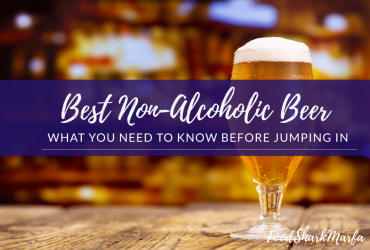
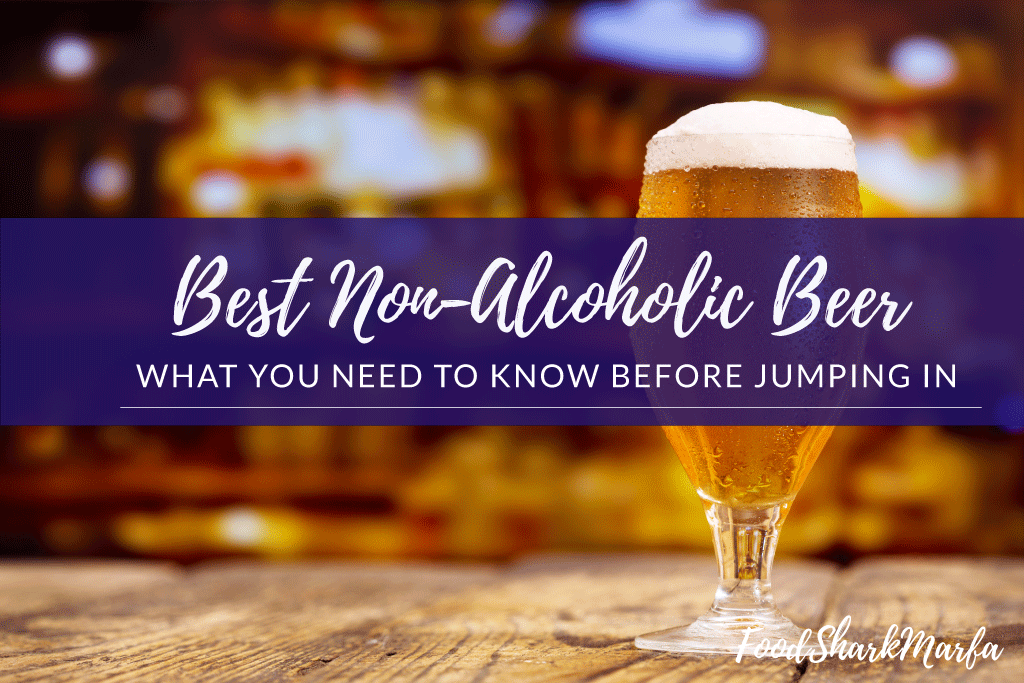
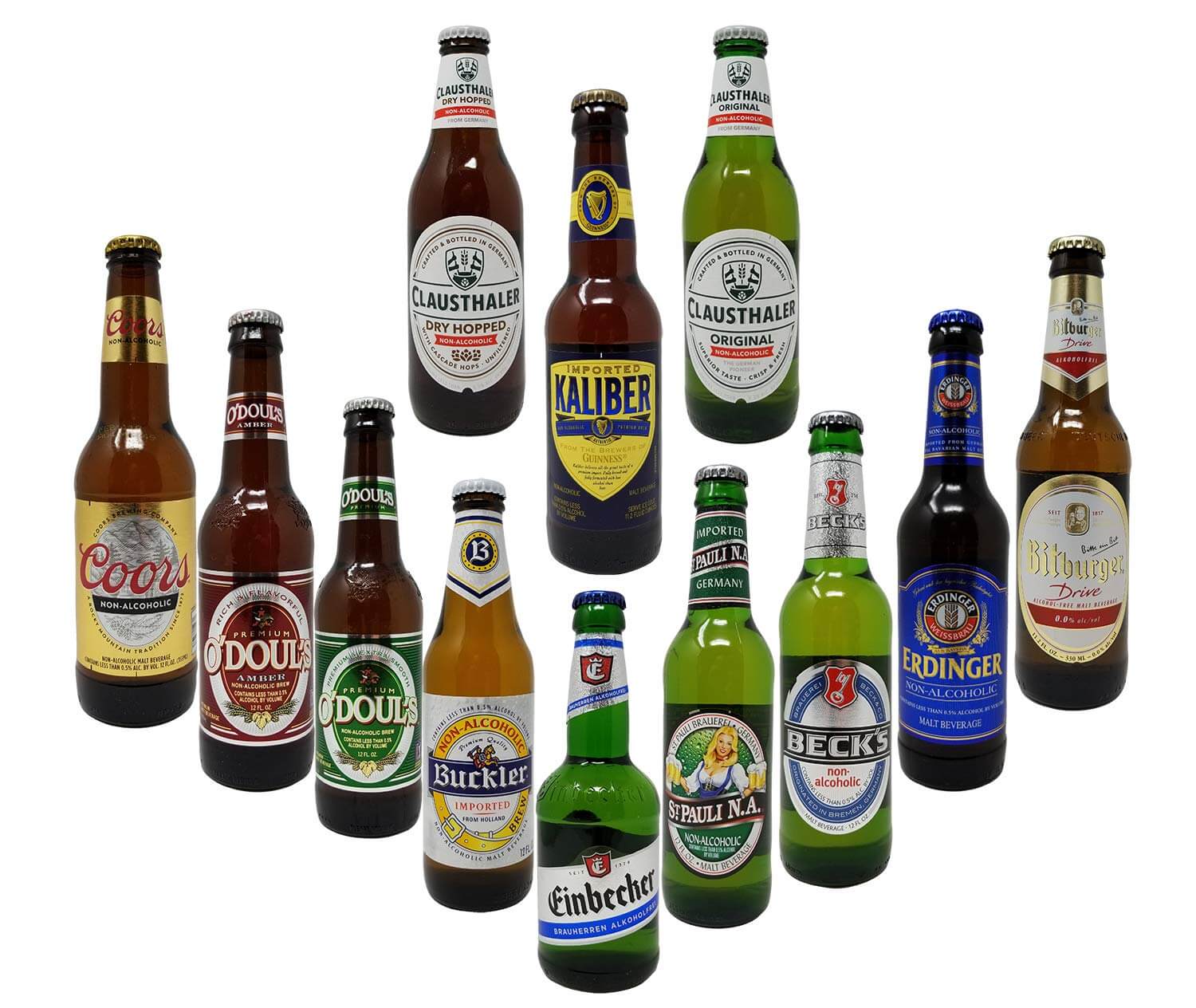
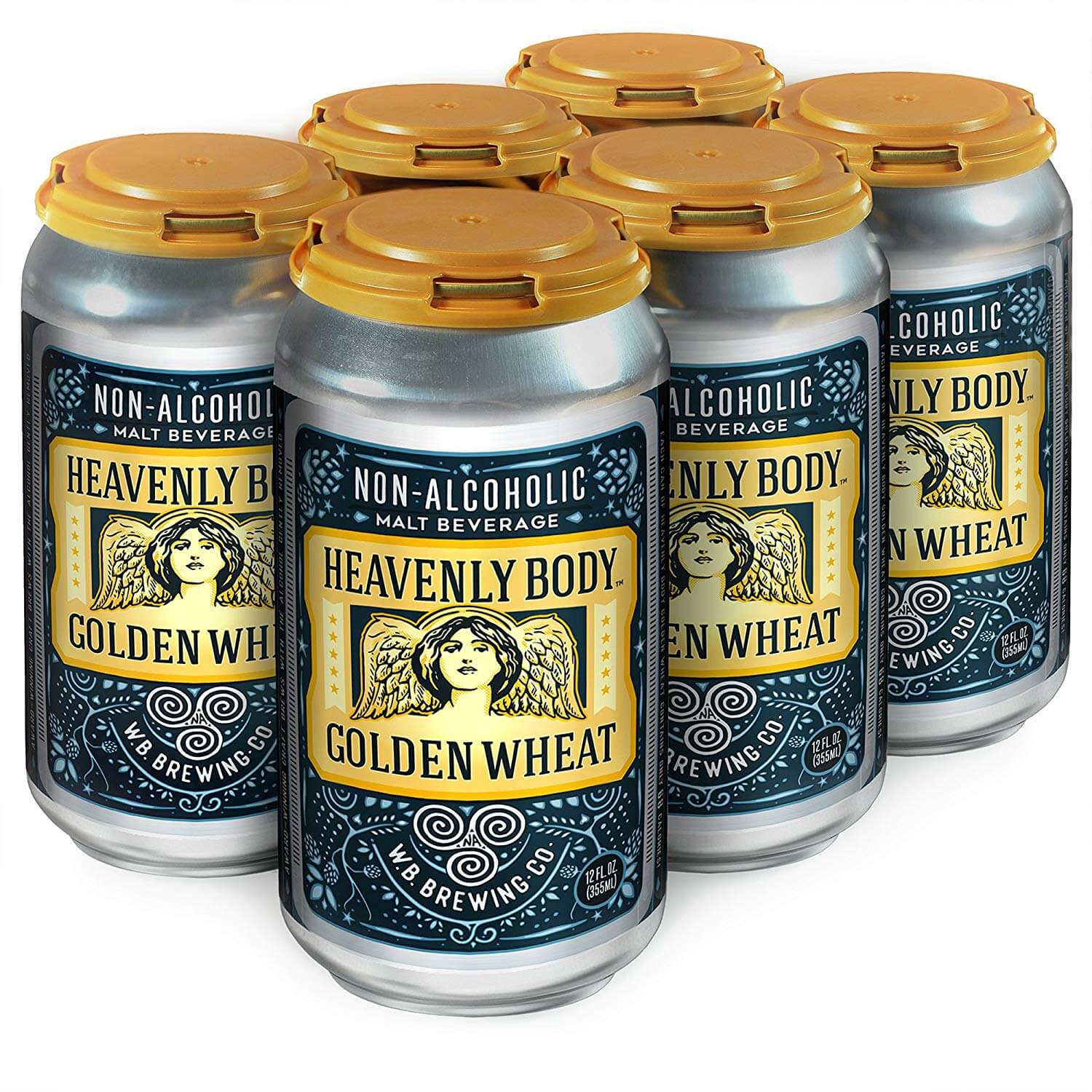
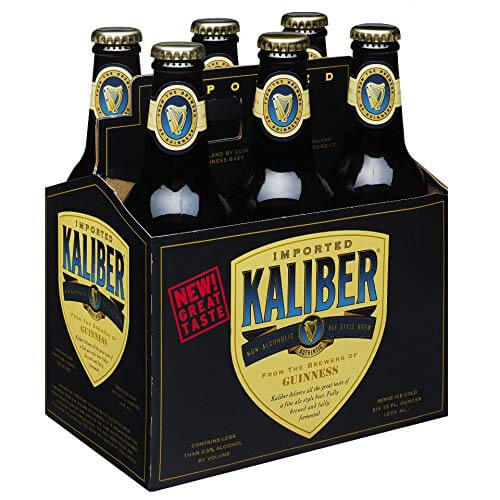
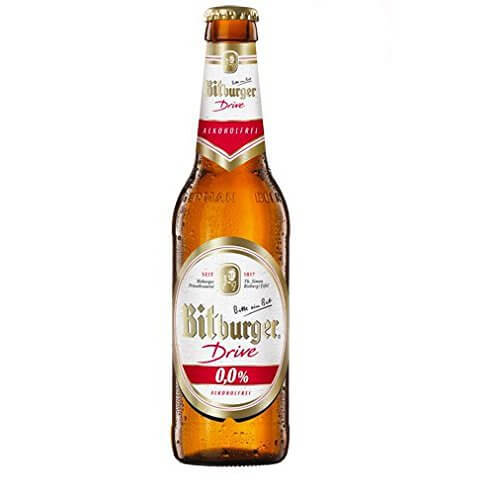
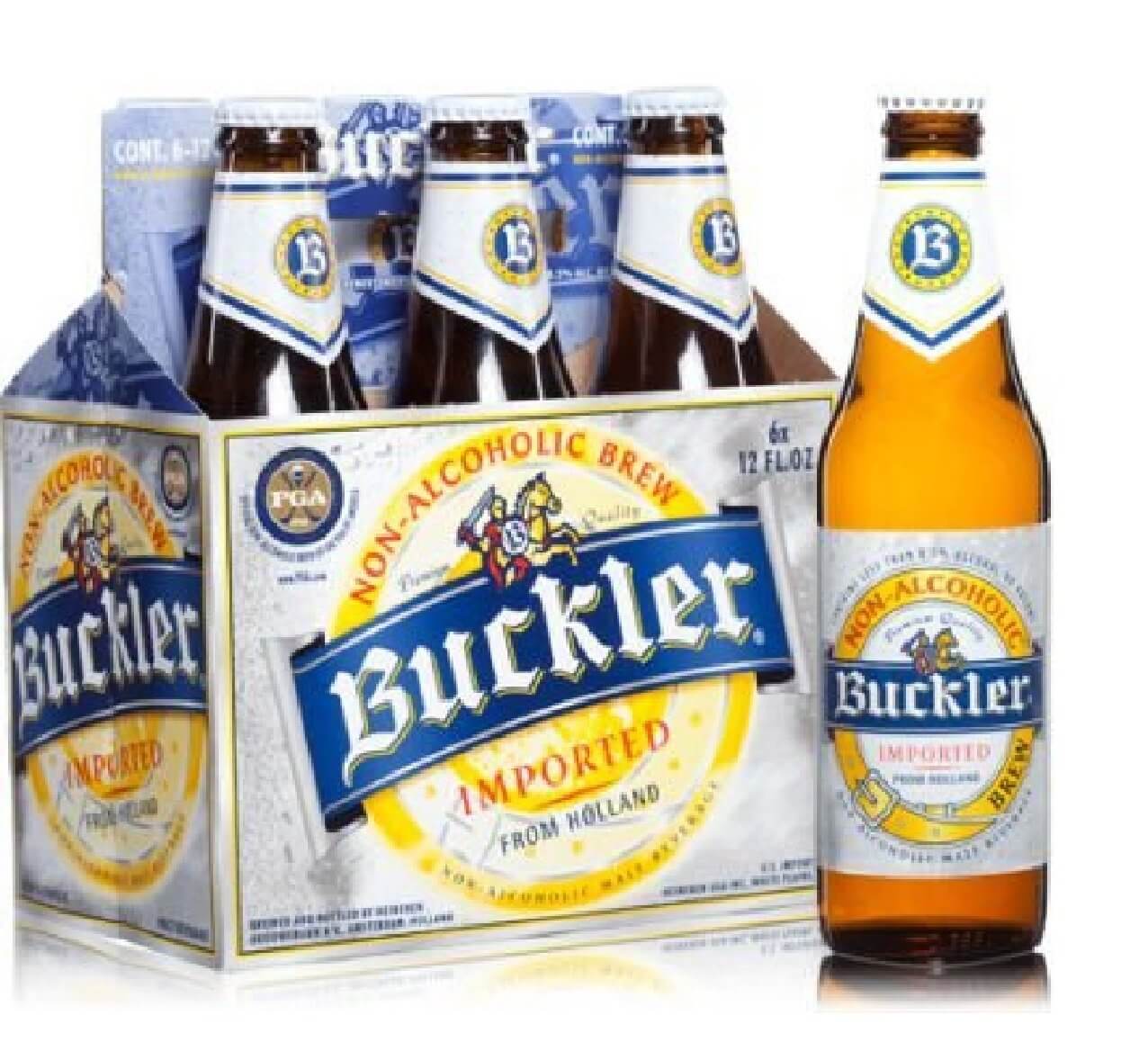
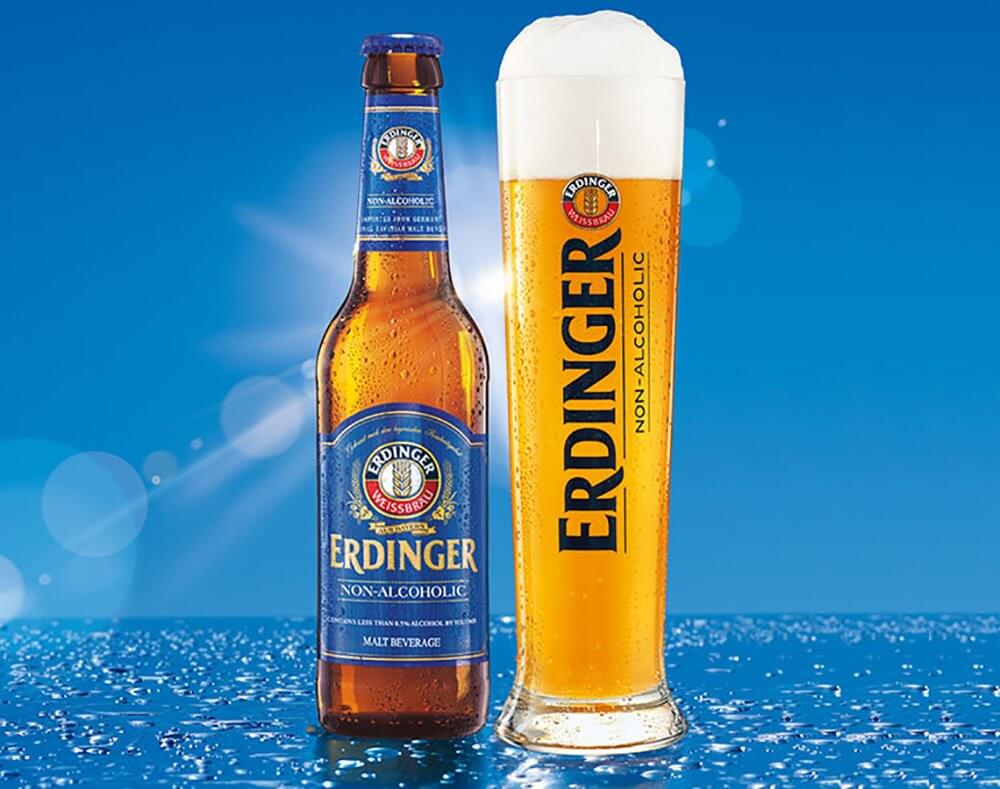
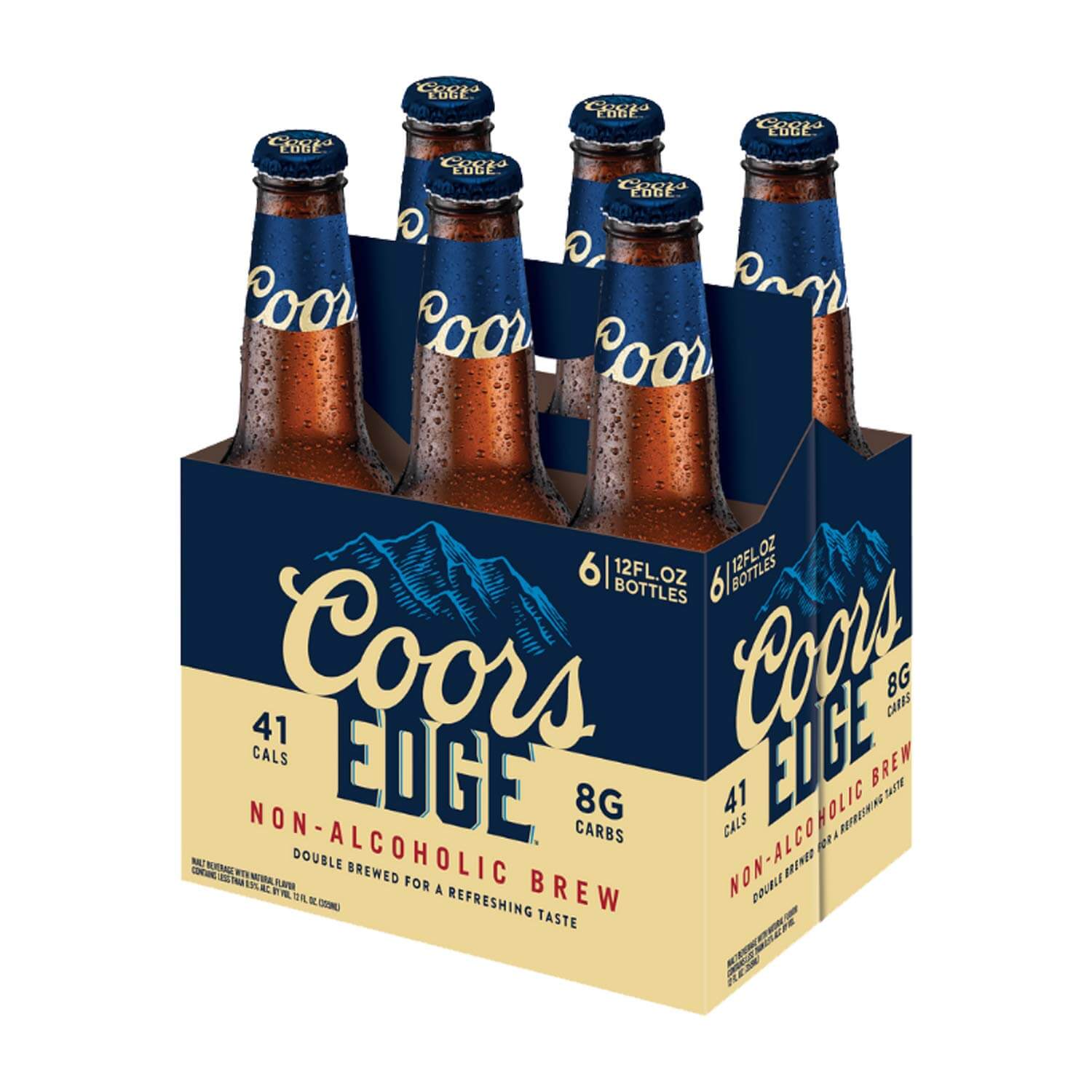
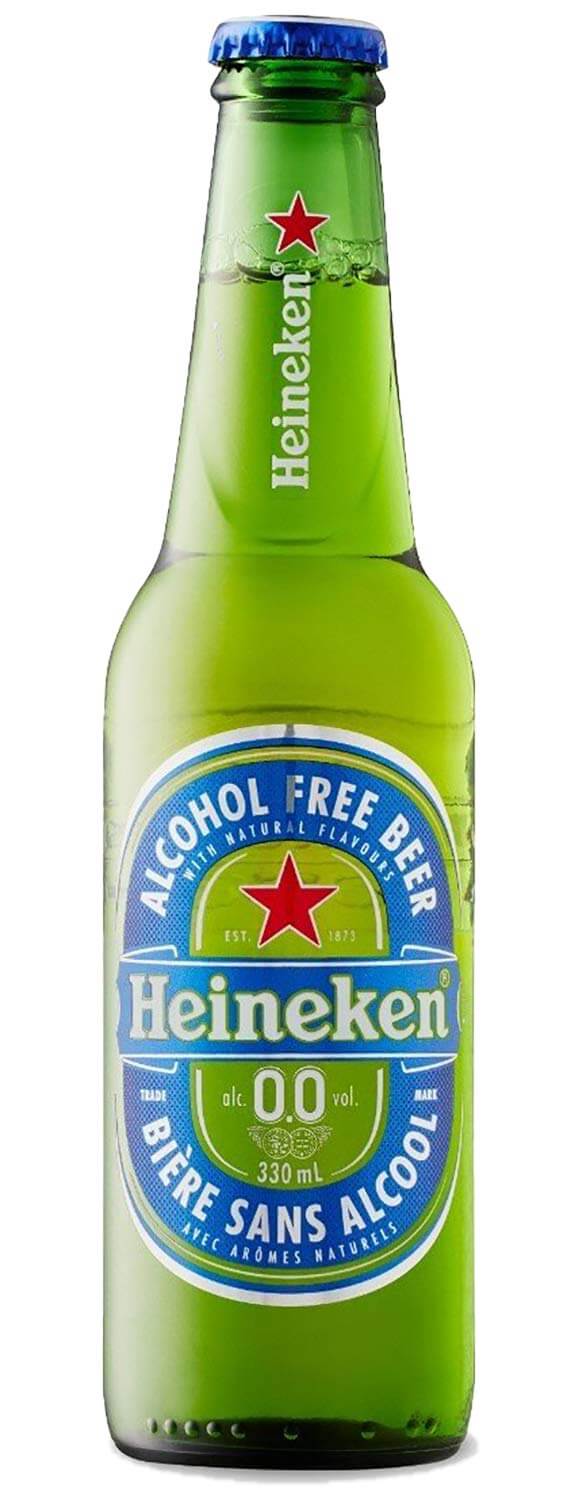
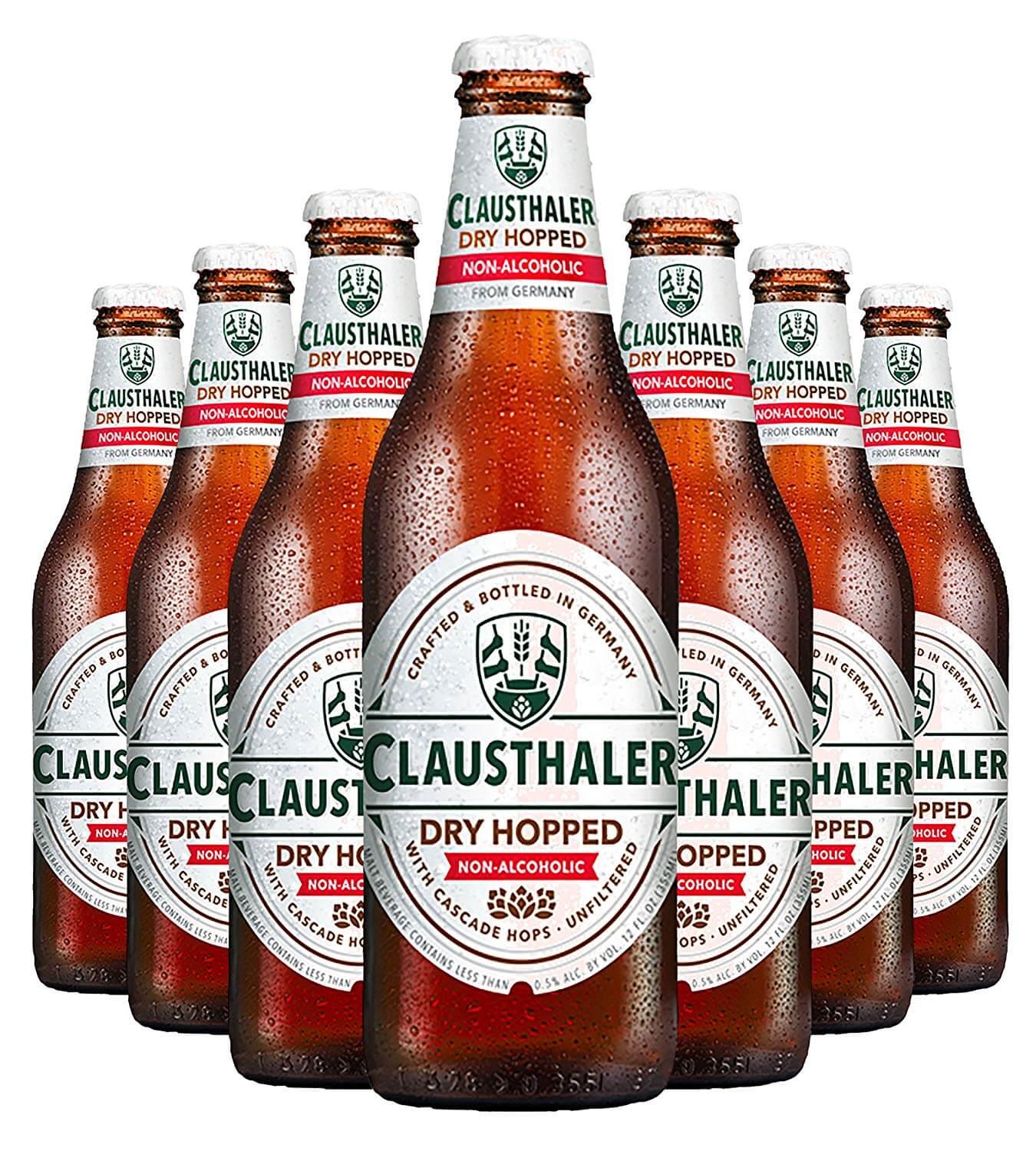
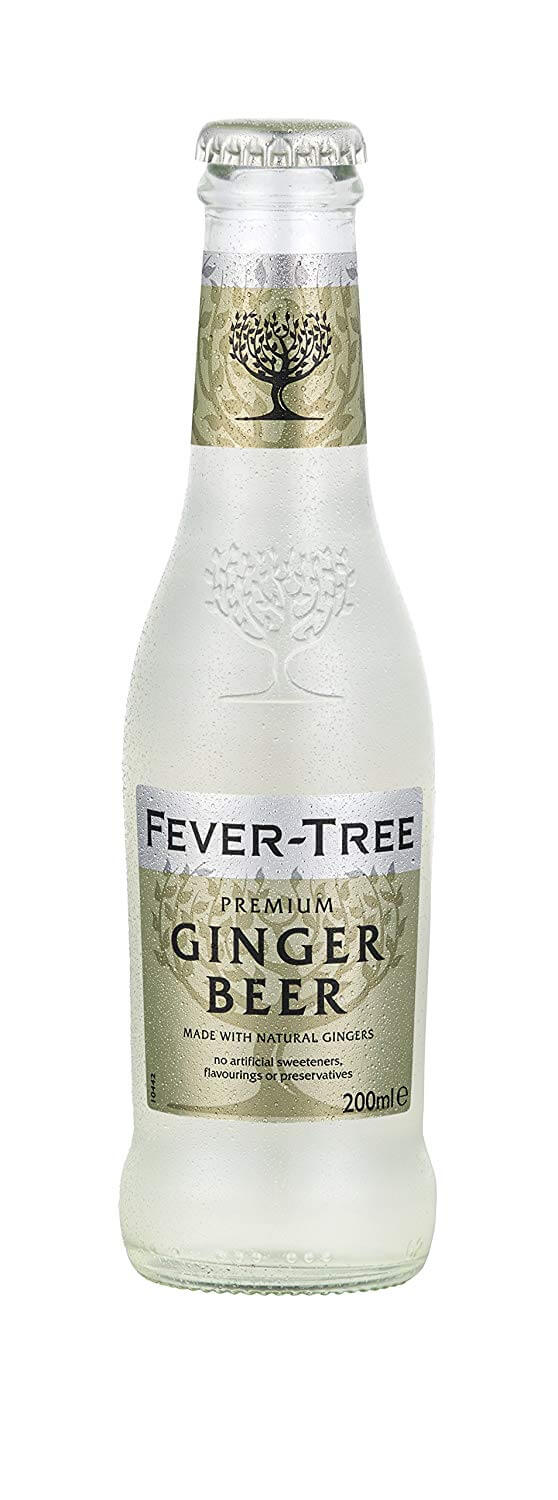

I never tried any of them ever but the blog is absolutely awsome to know about. keep writing amazing stuff
Blessed Day